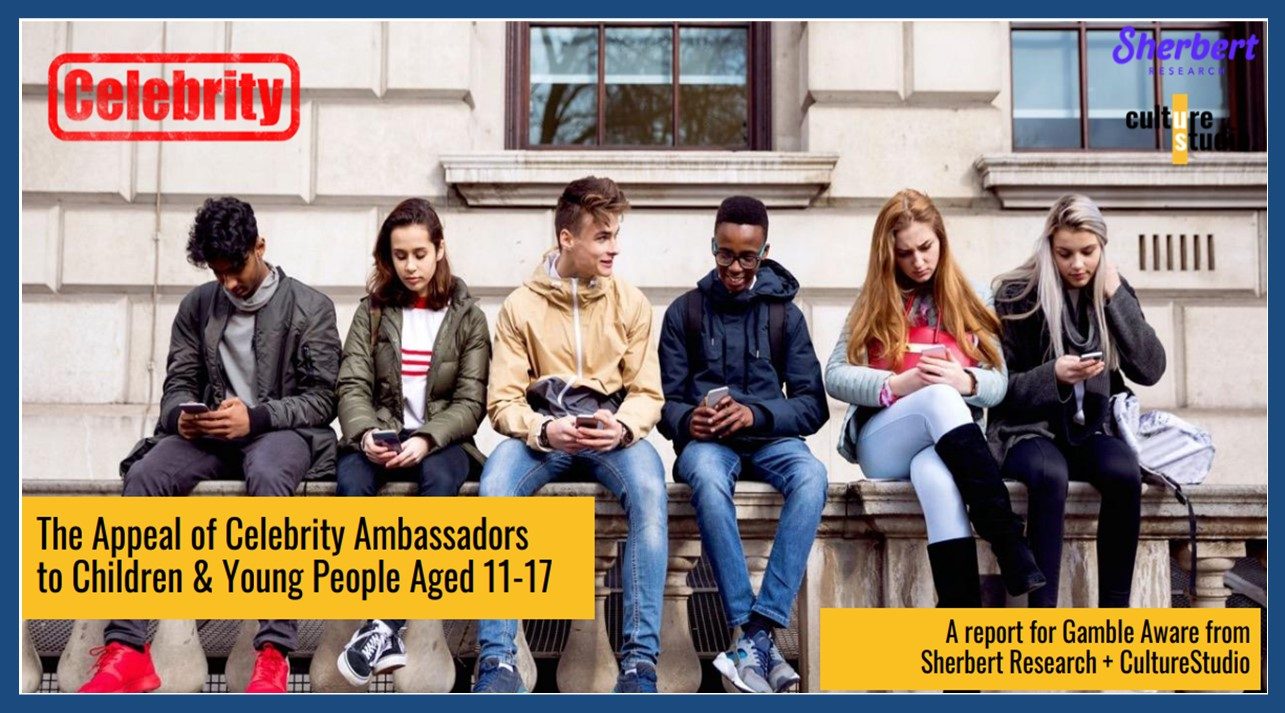Three things jump out from a fresh research report – produced by Sherbert Research & Culture Studio and published by GambleAware – focusing on 11–17s in Great Britain. Teens say they’re seeing and remembering famous faces in betting promotions. And many believe those spots make gambling look like harmless fun – the classic halo effect of celebrity gambling ads – see more details:
The survey reached 2,100 children and young people across GB with parental consent. Most want more education on gambling risks (86%) and tougher social rules for ads (79%). Three in four also think under-18s shouldn’t be exposed to gambling-style mechanics in games like loot boxes (76%).
Attitudes to adverts are clear: 76% say gambling advertising makes gambling seem fun and 73% say it makes it feel harmless. That perception tracks with how celebrity-fronted ads land with young viewers. Many agree the presence of a known face boosts excitement and appeal.
Opposition to using celebrities is widespread. Two in three 11–17s say famous individuals and influencers should not promote gambling (67%). Despite this, 37% recall seeing or hearing celebrities in gambling spots.
Exposure appears to matter. One in four say they were tempted to gamble after seeing a celebrity promote or do it, and 11% say they actually did. Among boys aged 16–17, 36% recall going ahead after exposure, pointing to a heightened risk in that subgroup.
Specific ambassadors illustrate the effect. For Peter Crouch, roughly half of respondents say his appearance would make gambling feel fun or exciting, and many say it would make gambling seem like something everyone does. That’s a textbook transfer of positive traits to a betting brand.
Recognition extends beyond “youth culture” figures. Large majorities recognise names such as Peter Crouch (82%), Danny Dyer (80%) and Emma Willis (76%). Many also assume these figures are wealthy and successful, attributes that can shift to the product in the ad.
Crucially, “liking” isn’t the only lever. Even when a teen doesn’t particularly like a celebrity, agreeing that they are trusted, cool or attractive still correlates with seeing gambling as fun or normal. This argues for a broader reading of “strong appeal” in ad rules.
Celebrity gambling ads also drive conversation. Many respondents believe such spots make teens talk more about gambling with friends or parents. Normalisation follows when “everyone does it” becomes the perceived norm.
Gaming environments add further heat. In the past month, around half of boys and a large share of girls report gambling-like actions in games, such as loot boxes or prize wheels. Most still say these mechanics shouldn’t be shown to under-18s.
Please find more news here.
